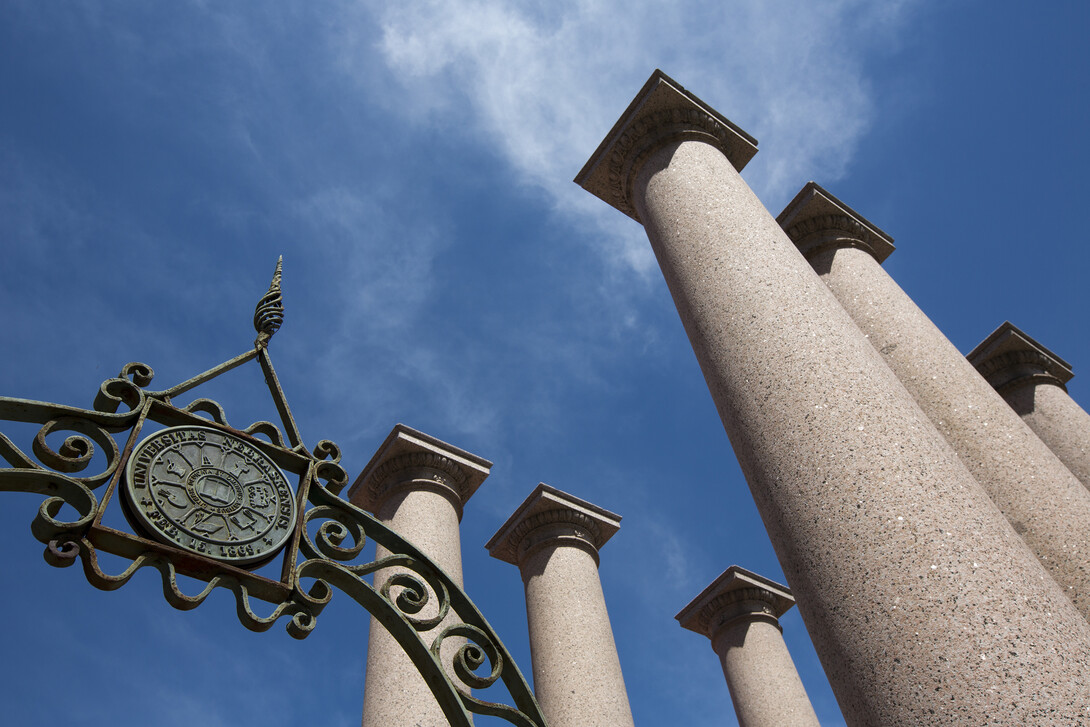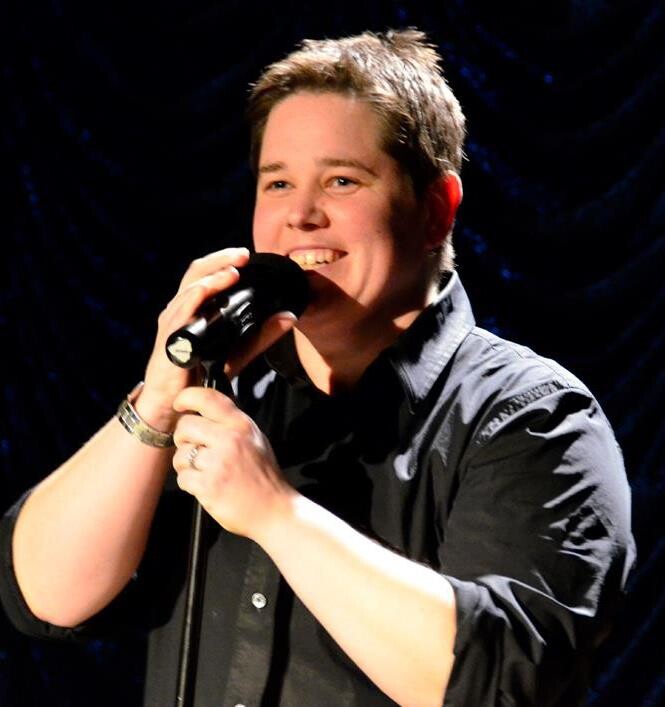
A new University of Nebraska-Lincoln program is challenging faculty to form innovative partnerships with organizations to fuel creativity, address societal challenges and contribute to the public good.
The initiative, launched by the College of Arts and Science and led by Matthew Jockers, associate dean for research and partnerships and Susan J. Rosowski Associate Professor of English, offers seed funding to faculty to aid in the formation of collaborations with community organization partners.
Nebraska faculty who earned inaugural seed grants are Deborah Brown, associate professor of biological sciences; Jeffrey Stevens, associate professor of psychology; and Stacey Waite, associate professor of English. They were chosen from a pool of novel ideas faculty submitted.
“I was delighted and pleasantly surprised by the number of applications we received for this brand new award,” Jockers said. “We knew that there were faculty in the college who were excited by the idea of forming external partnerships, but I was really delighted when I saw so many strong applications coming in from all areas of the college.”

Brown is partnering with Adjuvance Technologies, for the design and manufacturing of vaccine adjuvants, or chemicals that modify the effect of other chemicals. Brown’s lab recently completed work with Adjuvance Technologies in pre-clinical studies of influenza vaccine efficacy in mice. The award will allow continued pre-clinical testing and research of the vaccine.
“Our vaccine platform will provide higher levels of immune memory, with lower amounts of vaccine and adjuvant, thus limiting the cost of each vaccine dose as well as toxicity and adverse side effects,” Brown said. “Adjuvant will benefit from their product being tested in pre-clinical models for influenza, and our laboratory will benefit from the addition of their product to our platform.”

Stevens is partnering with Prairie Skies to establish a new research program on canine cognition and dog-human interaction. He’ll work with the Prairie Skies’ trainer, Jill Morstad, to develop a series of assessments to assist with dog and owner team trainings. These trainings are important for the military and service dog trainers, as well as the general public.
“There is no perfect test for canine temperament,” Stevens said. “Diagnostics that can quickly and easily assess dog and owner characteristics to predict the likelihood of training success or identify personalized training techniques would prove valuable to dog trainers and owners.”

Waite is partnering with Nebraska Writers Collective. The project will launch a new data-focused initiative to study impacts of community literacy programs’ long-term significance for students and teachers.
“My previous research focuses primarily on college classrooms, and this research collaboration with the (writers collective) allows me to continue to develop the connections between university classrooms and other powerful sites for writing in local communities,” Waite said. “This funding also gives me access to data I could not otherwise gather on my own.”
Joseph Francisco, dean of the College of Arts and Sciences praised the diversity of disciplines represented in the first cycle of seed grants awarded.
“The three projects selected for this inaugural award cycle show great promise for effecting positive change,” Francisco said. “The recipients represent the breadth of the college and the partners they have identified are equally varied, including an industry startup, a small business and a local non-profit.”
The project is designed to assist faculty be engaged in partnerships to promote economic growth and assist the public good.
“This award encourages faculty to move their work and their thinking beyond the lab bench and academic journals, to build bridges out into the community by partnering with companies and non-profits,” Jockers said.







